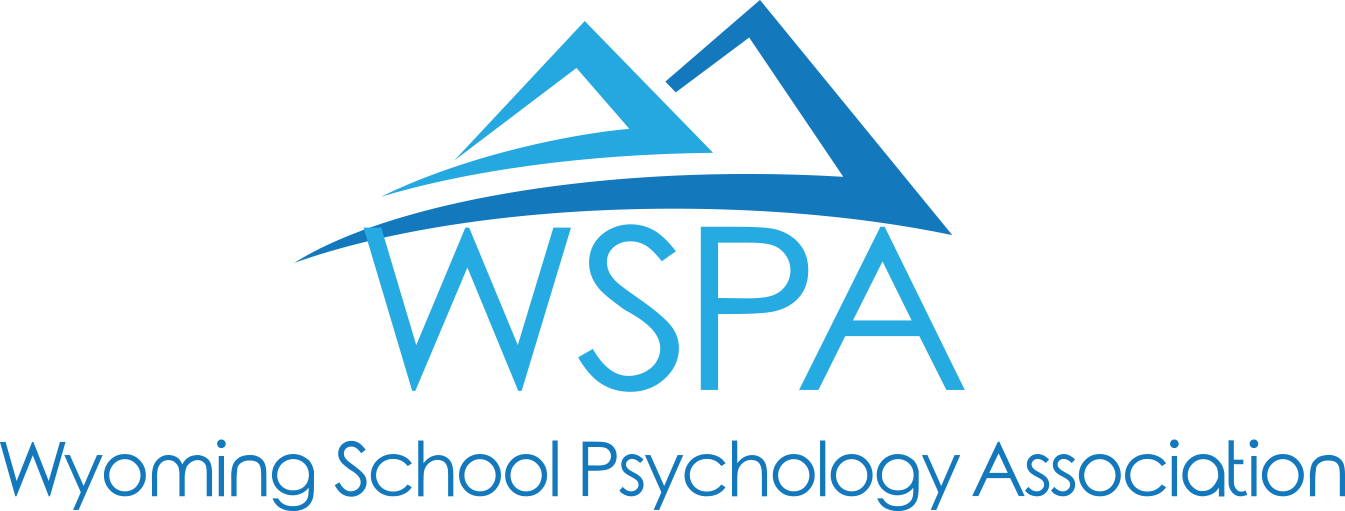***Post written by Annastashia Teepe, Southeast Representative for WSPA***
In December of 2017, author Izzy Kalman published an article in the online version of Psychology Today that has generated significant debate regarding anti-bullying legislation, policy and procedures common place in educational settings. According to Kalman (2017), anti-bullying policy and procedure has not resulted in the intended outcomes of reduced bullying within schools but instead produced scenario in which bullies are not held accountable and victims of bullying hold schools accountable for wrong doing. Kalman (2017) goes further stating that the mindset around anti-bullying “has resulted in a growing bullying epidemic while wreaking havoc on people’s personalities, instilling a self-defeating victim mentality that avoids personal responsibility and placing blame on society for one’s own horrific actions.” How do school psychologists as representatives of local educational agencies respond to bullying?
According to the National Association of School Psychologist Position Statement on Bullying Prevention and Intervention in school (2012), schools are recommended to accomplish the following steps:
- Develop antibullying policies.
- Understand the connection between bullying and mental health problems.
- Keep up with technology.
- Pay special attention to the needs of LGBTQ (lesbian, gay, bisexual, transgender, and questioning) youth.
- Use a comprehensive approach that addresses mental health services for youth, implement evidence-based interventions that improve the school environment, and provide supports to bullies, targeted students, and families to reduce bullying.
- Teach all students the specific skills necessary to help prevent and respond to bullying.
Anti-bullying policies due not stop with making bullying illegal, as NASP pointed out in 2012, this response to bullying includes a multi-layered approached to providing intervention, education, and support to bullies, victims and community members. In addition, as school psychologists we are asked to take a specific role in addressing bullying that does not stop at enforcing the illegal nature of bullying. Rather, as NASP points out (2012) school psychologists can
- Participate in school-wide PBIS.
- Counseling victims of bullying.
- Conducting formal or informal social–emotional assessments/ participate in data analysis of such assessment.
- Develop intervention plans for students in need.
- Provide consultation to the parents/guardians by offering resources, interventions, and strategies for managing behavior.
- Providing staff development on PBIS, behavior interventions or bullying prevention.
- Consult district and school teams on antibullying policies.
- Provide consultation or training for safety and crisis teams.
- Serve on building or district crisis teams and implement and complete safety initiatives.
- Consult with schools about the implementation of social skills programs.
- Participate in and facilitate evidence-based procedures to respond to bullying behavior.
- Conduct needs assessments or program evaluations to document levels of aggression, violence and crisis within school or district.
Our response as school psychologists does not stop by enforcing antibullying policies, procedures, and law. Rather, we uphold legislation passed but facilitate education and social/emotional growth by establishing best practice procedures regarding mental health emphasizing the use of assessment/universal screening, response to intervention, and implementation of individualized supports when needed in order to ensure students receive the free and appropriate public education he or she is entitled too.
References
Kalman, W. (2017, December 22). I Killed My Classmate, So I’m Suing My School. Psychology Today, Online.
National Association of School Psychologists. (2012). Bullying prevention and intervention in schools. Bethesda, MD: National Association of School Psychologists.

Recent Comments